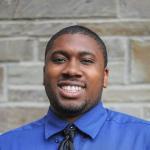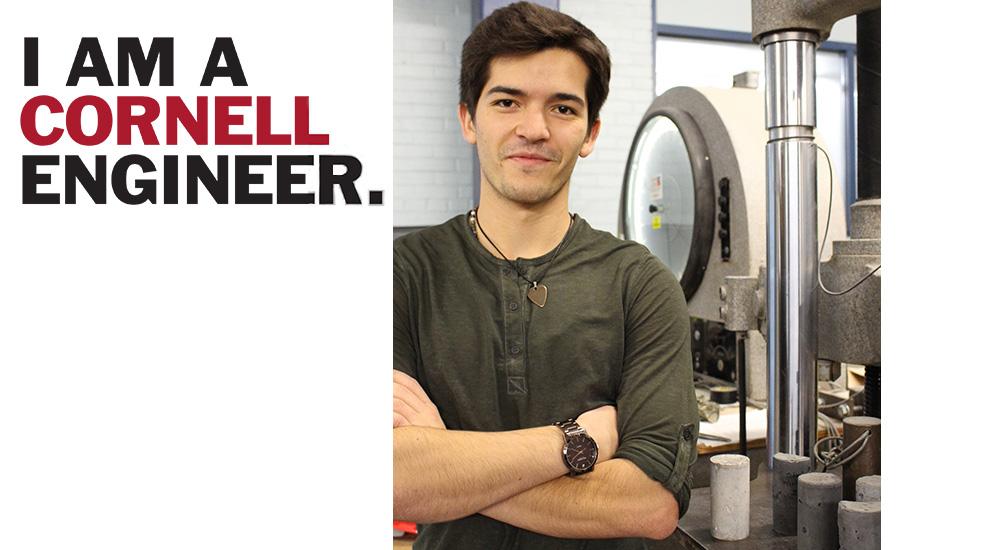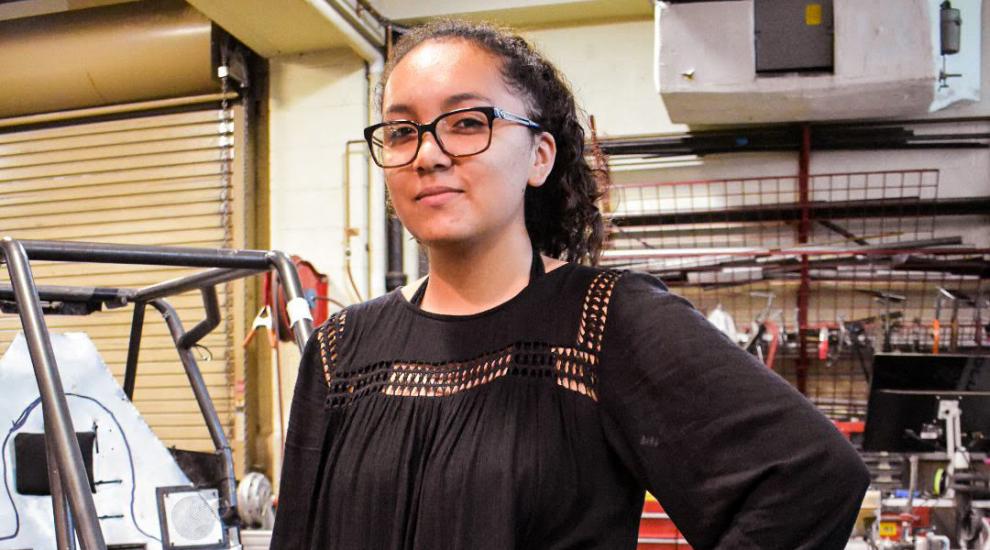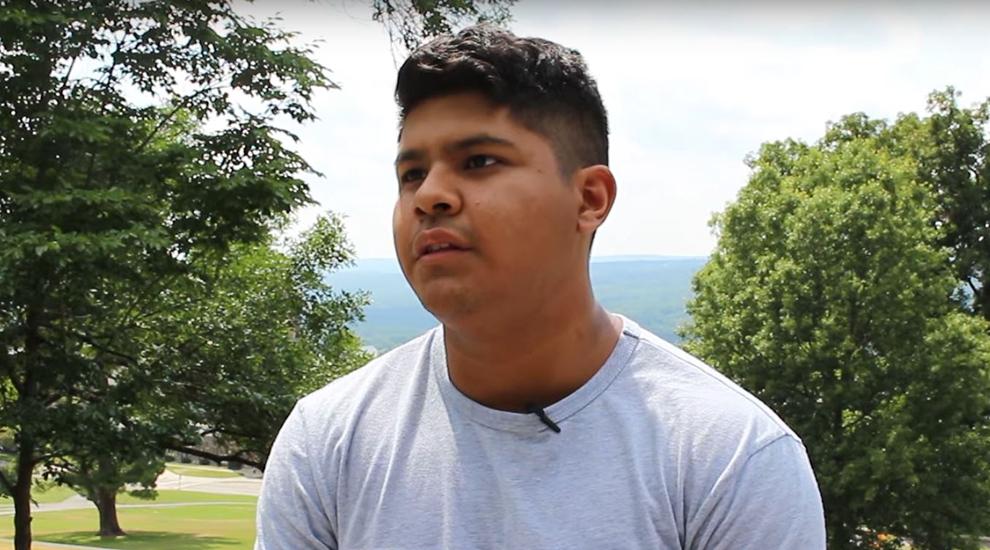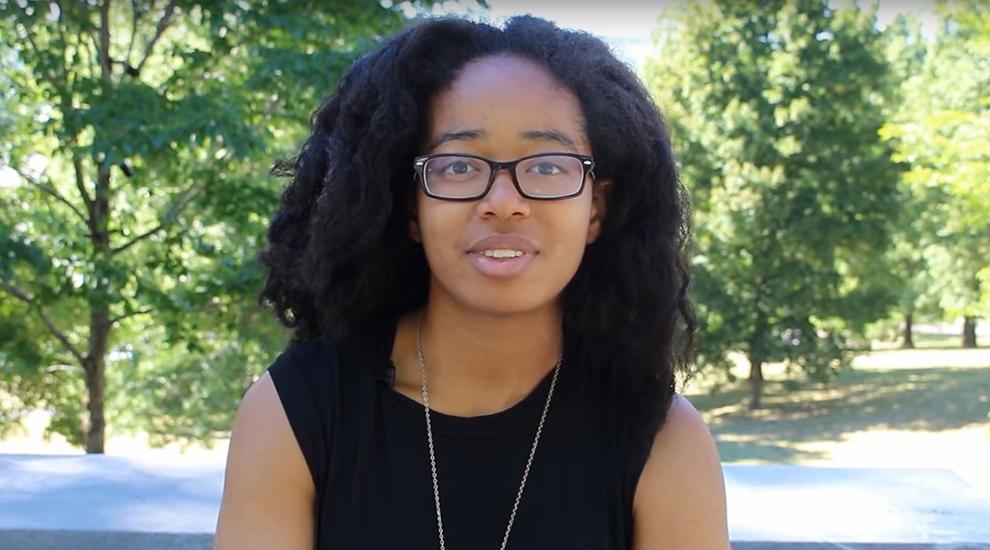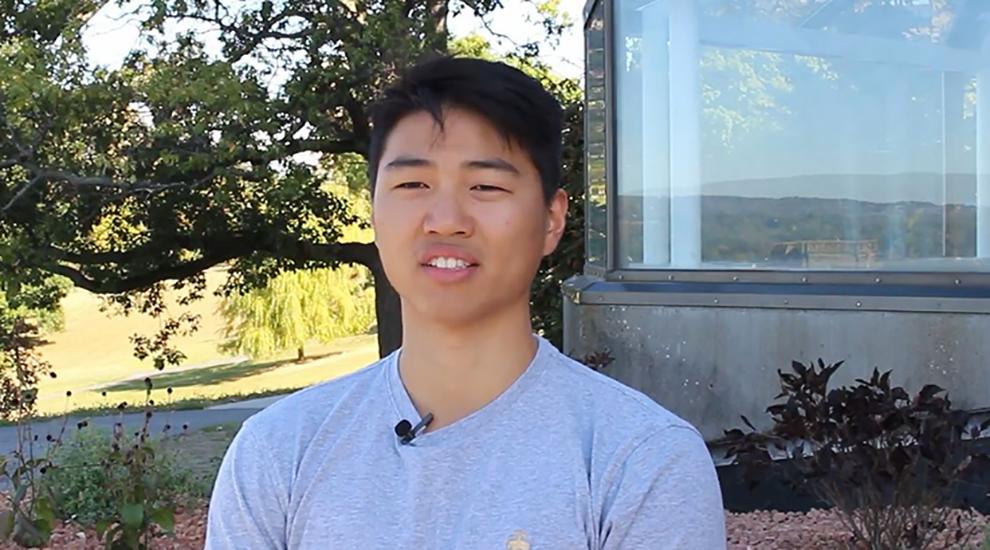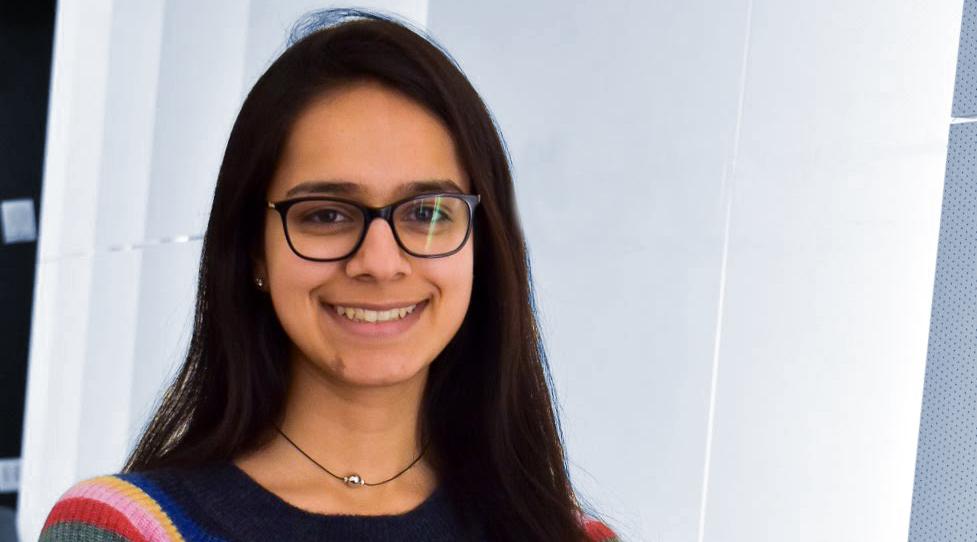Project Teams
Cornell Engineering Project Teams mimic real-world engineering by bringing Cornell students, faculty, and staff together to solve complex problems as a team. Breaking the rules of conventional wisdom is a guiding motto of our engineers—the spirit of innovation thrives in our state-of-the-art labs and workshops. Many of our teams compete regionally, nationally and internationally in engineering design and build competitions and travel the globe for service learning projects.
- 34 teams
- Largest program of its kind in the country with over 1,400 student participants
- Project Teams receive over $1 million in funding annually
- Competition, service and/or client focused teams
- Representation across the 14 Engineering majors
- Multidisciplinary collaboration across Cornell’s other undergraduate colleges/schools
Cornell Engineering Undergraduate Research
Extreme Talent. Radical Collaboration. Results that Matter.
- Undergraduate engineering research is encouraged and accessible. Learn more about the undergraduate research opportunities available
- 50% of undergraduate engineers participate in research each year (volunteers, for pay, or for credit)
- Innovation engine: Cornell annually ranks among the top 10 universities in innovation and number of patents issued
- Undergraduate engineers contribute to the research community across all 14 engineering majors and Cornell’s other colleges and schools
Public Engagement
Central to its mission since its founding in 1865, Cornell University has a deep commitment to public engagement. There are countless ways in which the College of Engineering and its students are making positive changes in the world. Below are just a few examples of how our students are engaged in public service.
AguaClara
AguaClara is a multi-disciplinary program at Cornell University that designs sustainable water treatment systems committed to long-term environmental, social, and economic sustainability. Water treatment plants built using AguaClara technologies provide clean water to approximately 50,000 people.
Encourage Young Engineers Scientists (EYES)
Encouraging Young Engineers and Scientists (EYES) is a student-run volunteer organization at Cornell University dedicated to promoting scientific literacy by advancing engineering and the sciences as potential career choices. EYES brings engaging activities and demonstrations to local elementary, middle, and high school students. They encourage and inspire these students with projects that present science and engineering in a hands-on and exciting way!
Engineering World Health
Cornell Engineering World Health (EWH) chapter was founded by a group of undergraduates who wanted to make a meaningful impact in the world, even as students. This mission has become the core foundation of EWH as a project team that seeks to make innovative and low-cost medical devices for developing countries and low-resource communities.
Engineers for a Sustainable World
Engineers for a Sustainable World is a student project team at Cornell University that strives to improve campus and local sustainability through biofuels initiatives and implementation.
At the university level, Einhorn Center for Community Engagement offers many community-engaged activities for university students and faculty. See how you can engage at Cornell.
Engineering Leadership Program
Cornell Engineering realizes that technical skills alone are not enough. Turning ideas into solutions, bringing innovations to life, influencing governments and societies: these require engineers to step up as team members and leaders. The mission of the Engineering Leadership Programs is to grow powerful leaders who take on our world's biggest challenges with knowledge, skill, insight and courage. We achieve this through classes and seminars, supplemental instruction in design courses, the Engineering Leadership Certificate Program, and other means. Because we believe great leadership development engages the heart and the mind, we emphasize empirically derived knowledge combined with personal inquiry and growth.
Entrepreneurship at Cornell
As an active participant in the university-wide Entrepreneurship@Cornell program, the College of Engineering has a wide range of courses, events, and experiential learning activities designed to help students begin their journey of business creation and success in any engineering discipline.
